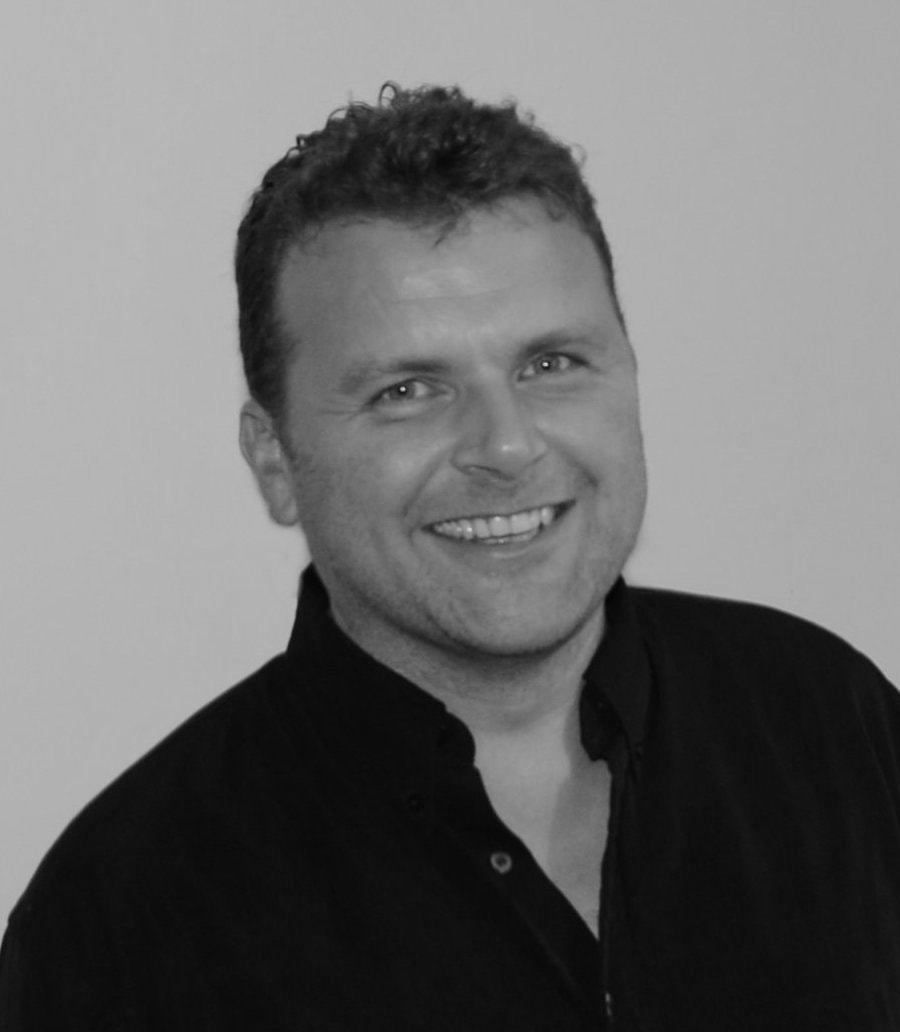|
Ever since I read Ayrton Senna’s words describing his surreal out-of-body experience during qualifying for the 1988 Monaco Grand Prix, I’ve been on a quest to find others who have found the same magical place. Over the years I’ve met many great sports stars who have been there too: moments in the Zone that bend time and space and transcend reality as we know it. Occasionally I get really lucky and the human being telling me the story is still at the absolute top of their game, and the world. After Novak Djokovic collected his fourth Laureus World Sportsman of the Year Award in 2019, I grabbed my chance to enquire about his description of going into ‘another dimension’ during his near-perfect Australian Open semi-final earlier that year. Appropriately we were in Monaco so I brought up the similarity with Senna’s words. The Serbian superstar’s reply was as wonderful as I’ve come to expect from one of sport’s true class acts – and definitely, unmistakably Senna-esque. Here it is in full… ‘I actually watched Ayrton Senna’s documentary so I did hear him speaking about that,’ smiled Djokovic. ‘In my case there were several matches where you just feel like you’re having an out-of-body experience. One of them was in the final of the Australian Open in 2012 against Nadal when we played almost six hours. It’s really hard to explain when you feel like you’re present but somehow you’re also not present – because the physical pain is so big that you don’t feel your body any more, but you’re operating on some kind of autopilot that is taking you to your desired places, which you determine mentally. ‘It was one of those experiences where you just feel like there is a higher force that is driving you forward. I’m also a big believer in that, and I always rely on my faith and try to be grateful and understanding of a creator and a greater power and a universal help that we always see. So I try to remind myself of that, of how blessed I am and not to take things for granted because ego is a strange opposition at times, and it can play with your mind. ‘In this process of evolution as a human being I’ve learned a lot more about these things because I’ve become more aware of them. Before it was just… I hit a tennis ball and it was in or out, and I won a tennis match. But throughout the years it became much more than that. It became a spiritual journey. And because the tennis court is a place where I’m probably most vulnerable but also very confident and strong, a tennis court is a school of life for me: where I get triggered most and where I can understand myself on a deeper level. That’s because everything I maybe suppress outside of a tennis court surfaces there. ‘That’s probably one of the biggest reasons why I keep on playing tennis. I don’t see too many different places where I can actually evolve as a human being better than on a tennis court.’ Wow. To learn more about Djokovic’s approach to his art, read my earlier interview with him about his 2012 epic against Nadal which is a highlight of In The Zone - or check out the wonderful speech he gave while collecting the 2019 Laureus award…
0 Comments
It was 30 years ago today that Ayrton Senna passed four cars on lap one of the 1993 European Grand Prix at a drenched Donington Park, ending up in the lead. Legendary commentator Murray Walker classes it as the best lap he ever saw and few disagree.
Senna’s former race engineer James Robinson recalls: ‘Everyone quotes Donington in the rain, but you only have to watch classic examples like that to see what Senna was made of. Even with such self-belief you just don’t overtake four cars on the opening lap of a grand prix in the pouring rain at a track where there are guys who have driven more laps than you. ‘But while the rest were thinking, “If I go any faster I’m going to fall off because I haven’t been round here for fifteen minutes and it’s rained heavily since then,” Ayrton could judge the grip level on the outside. He would say: “I’ve driven Donington in the wet so many times in earlier formulae I know where the grip is. It’s not on the racing line when it’s raining. In this corner it’s here, in this corner they resurfaced it two years ago and it’s here.” He’d just put that information together. That’s what made him special.’ Senna’s explanation was simpler still. That Easter Sunday, hours before golfer Bernhard Langer declared his US Masters victory was extra special, coming as it did ‘on the day my Lord arose,’ Senna nipped in first. When Brazilian TV asked him how he’d managed to destroy the Donington field, he said: ‘God is great and powerful and when he wants nobody can say anything different.’ Einstein was right. God doesn’t play dice; he drives fast cars and plays golf. Moreover Senna had enjoyed another intervention from above a couple of years earlier, as the Brazilian maestro finally took his first ever win at his beloved home circuit of Interlagos… ‘Ayrton finished the last seven laps with only sixth gear,’ adds Robinson. ‘Riccardo Patrese’s Williams was chasing us and they didn’t know. Over the radio I heard a couple of comments in Portuguese and Ayrton was sitting in the car praying. ‘That was a new experience for me but you soon understand that’s him. His thought process led him to conclude somebody could help him through this and sort it out. That’s what set him apart – his sheer belief in his own ability, that he could do what other people couldn’t do. And, though he’d probably hate me for saying it, the belief that somebody else was looking after him. I’ve never experienced that with any other driver.’ This is an adapted extract from Overdrive: Formula 1 in the Zone |
AuthorClyde Brolin spent over a decade working in F1 before moving on to the wider world of sport - all in a bid to discover the untapped power of the human mind. Archives
October 2024
Categories
All
|




 RSS Feed
RSS Feed

